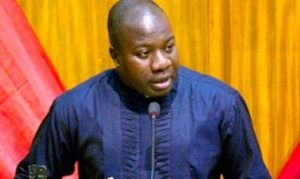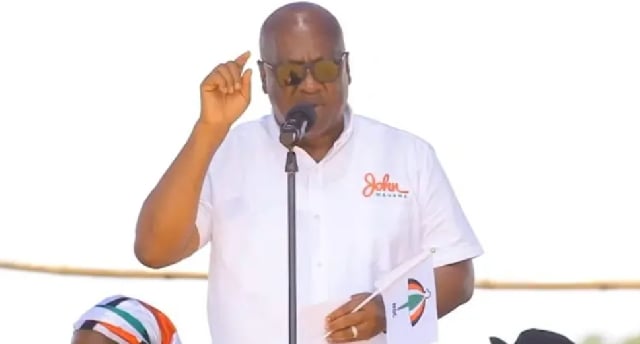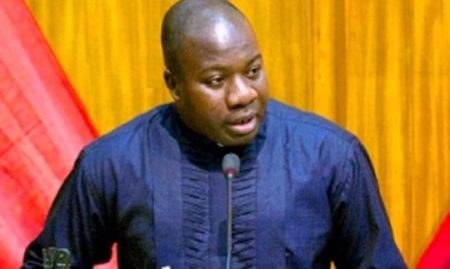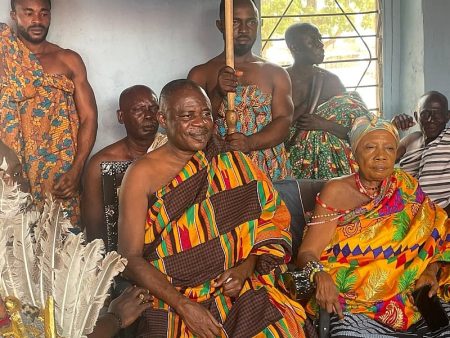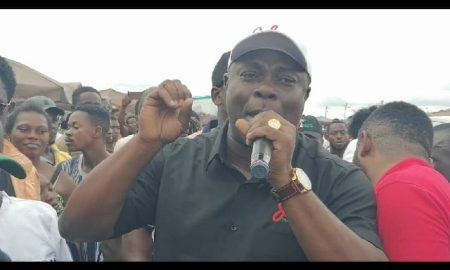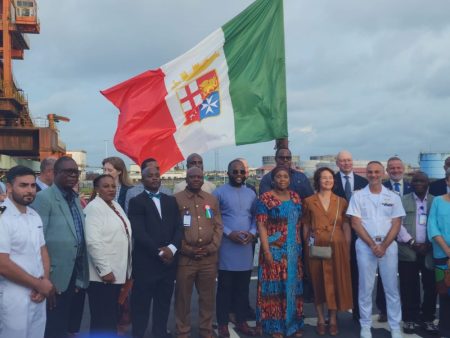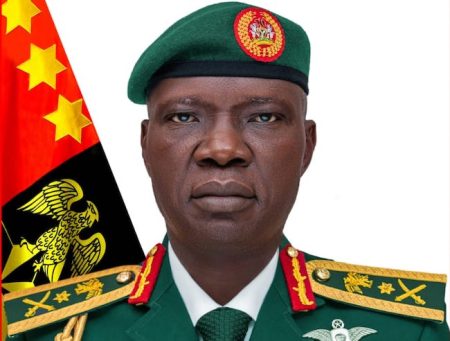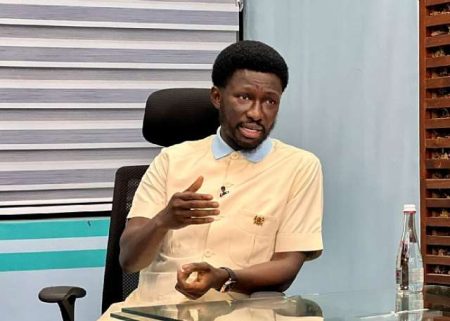John Dramani Mahama, the flagbearer of the National Democratic Congress (NDC), expressed strong discontent over the absence of both President Nana Akufo-Addo and Vice President Dr. Mahamudu Bawumia from the National Peace Campaign launch held on November 3. This event was particularly significant as it aimed to foster national unity and security in light of the upcoming December 7 elections. Mahama had prioritized the peace initiative over his previously scheduled rally in the Northern Region, illustrating his commitment to promoting peace during a critical political time. His disappointment was evident as he emphasized that the President and Vice President, being in charge of the country’s safety, should have prioritized attending the meeting centered on discussing peace.
Mahama’s concerns were amplified when he learned that Vice President Bawumia was engaged in a youth program addressing employment strategies at the time of the peace campaign. This decision was met with skepticism, as Mahama believed that the foundational issue for the youth, especially before elections, should be the promotion of peace and security rather than employment alone. His inquiry into the absence of the top government officials highlighted his view that their roles required them to be present at peace talks, as the stakes for national unity were higher than other priorities at that moment. His remarks underscored an essential responsibility that leaders hold during such crucial periods, where their involvement could positively influence the nation’s political climate.
Mahama’s call for unity resonated amid rising tensions and security concerns as the elections approached, with public sentiment increasingly focused on stability. The NDC leader’s participation in the peace campaign was not merely a physical presence; it symbolized a commitment to engaging in dialogue and promoting strategies for a peaceful electoral process. By aligning his candidacy with the peace initiative, Mahama positioned himself as a leader who prioritizes the well-being of the nation over political gain, attempting to set a tone that emphasizes collaboration and cohesion. This approach sought to mitigate potential unrest or divisive rhetoric that often accompanies electoral contests.
Furthermore, Mahama’s emphasis on the security aspect of the upcoming elections highlights the critical role that peaceful political engagement plays in maintaining democracy. With Ghana’s democratic successes often celebrated internationally, Mahama’s remarks served as a reminder that the nation must not take its peace for granted. As previous elections in various countries have shown, neglecting dialogues on peace can lead to severe consequences. Therefore, Mahama’s advocacy for more active participation from national leaders in peace initiatives reflects an understanding that their influence could set a precedent for a more harmonious electoral environment.
The contrast between Mahama’s engagement in peace efforts and the absence of the president and vice president raises questions about the government’s commitment to national security leading up to the elections. Mahama’s proactive stance sought to hold the ruling administration accountable for its responsibilities, particularly regarding the safety of citizens during a politically charged period. His remarks served as a call to action for leaders to place national interests above party politics, urging them to recognize that their roles extend beyond mere political job descriptions to encompass public stewardship and safety.
In conclusion, John Dramani Mahama’s criticisms regarding the absence of key national leaders from significant peace discussions serve to reinforce his underlying message of prioritizing unity and security for Ghana. His participation in the National Peace Campaign highlights the importance of leadership in fostering dialogue, especially with impending elections. As citizens grow increasingly cautious of potential unrest and instability, Mahama’s advocacy for greater governmental involvement in ensuring peace illustrates a vital commitment to the democratic processes that underpin the nation’s governance. By urging leaders to participate actively in peace-building initiatives, Mahama aims to create a more secure environment conducive to free and fair elections, reflecting his vision for a united and peaceful Ghana.


